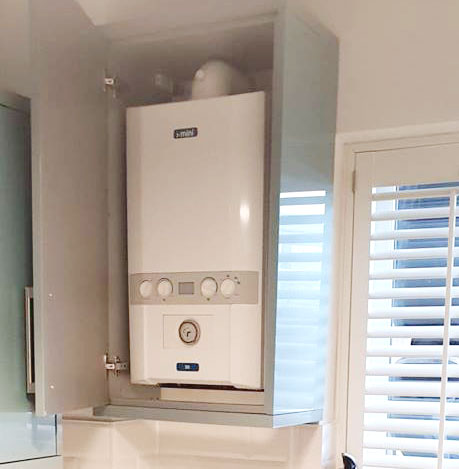All about Boiler installation process
A boiler is an enclosed device that transfers heat to water until it becomes hot water or steam using gas, oil, or electricity. The heated water or steam is helpful to provide radiant heat to your home. The boiler's primary duty is to produce hot water or steam. Steam boilers are practical in power turbines for power generation and other industrial heating uses, while hot water boilers heat water for household or commercial heating and hot water supplies.
Installation of the Boiler:
Over 100,000 households and businesses rely on Swale Heating for experienced advice and support when heating and keeping their homes warm. The government implemented a rule requiring all landlords who rent a portion, or all of a property should have all household gas equipment and pipes inspected every 12 months and issued a Landlord gas safety certificate. Anyone who needs Boiler installation at Wembley can get service through phone calls.
The Gas safety certificate at Watford provides the surety that provides fuel has checked.
Boiler repair at Harrow is a straightforward process. Boiler installation companies can book an online appointment.
Parts of an Industrial Boiler That Are Required:
Burner: The burner is the catalyst for the boiler's combustion reaction. A system delivers the signal to begin the heat production process. A nozzle ignites the gasoline pumped from the fuel supply in the burner that spins it.

Combustion Chamber: The combustion chambers may reach several hundred degrees in minutes. It consumes the fuel and produces heat, then transported to the heat exchanger.
The heat exchanger: Often known as the economizer, boosts the boiler's efficiency. The heat exchanger can install before the air heater in the fuel gas stream. Gas safety Certificate at harrow, is must for any boiler plants setup.
Boiler Types:
- Fire Tube Boiler
Tube of Fire Small and medium-sized businesses rely heavily on boilers. They're also known as packed boilers.
- Boiler with Water Tubes
The Boiler installation at Watford is a versatile appliance. They differ from fire tube boilers in several ways. The way the two types work is different. Water circulates between the mud and the steam drum, allowing for more control over circulation due to density variations.
- Boiler using Natural Gas
Natural Gas Boilers, as the name implies, run on natural gas. A temperature gauge controls it, and fuel waste can decrease by utilizing a thermoelectric device. The gas ignites the pilot, which heats the boiler's coils. The majority of the time, propane gas is used in rural areas.
Boilers Have The Following Benefits:
- There is no Cold Water Tank – A system boiler does not require a cold water tank. Because these can utilize with pressurized cylinders, this is the case. It saves space in your home and allows you to install a system boiler without a loft.
- Simple to Install – Compared to other types of boilers, system boilers are usually considerably easier and faster to install. The system boiler contains many of the central heating and hot water systems components.
- Quick Response – A pump is built into a system boiler, allowing it to respond rapidly.